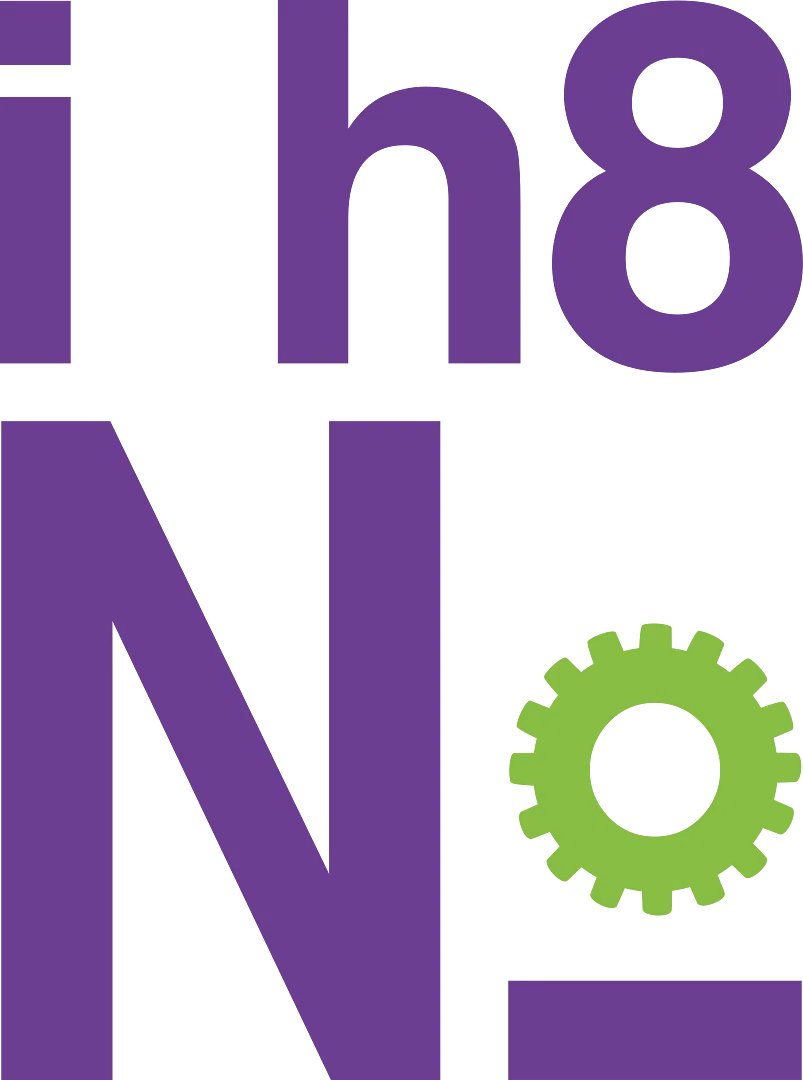Forecasting: How to Predict Your Cash Flow Like a Pro
Forecasting is crucial for running a successful business because it helps us look ahead and prepare for potential challenges effectively and strategically. While understanding historical performance is important, we must equally focus on what lies ahead and adapt to evolving circumstances. Specifically, forecasting cash flow ensures we minimise risks, reduce anxiety, and identify opportunities that can significantly drive our growth and success.
Why Forecasting Cash Flow Matters
Certainly, keeping track of money coming in and going out is essential. However, forecasting goes beyond this by giving us valuable insights into future trends. With accurate predictions, we can determine if our business will thrive or merely survive. Consequently, we should consistently refine our cash flow projections.
Tips for Accuracy
1. Assess Future Demand
Estimating future sales can be tricky, but it is undeniably necessary. By analysing our current order book, market share, and pricing, we can set realistic expectations for income.
2. Evaluate Profitability
Knowing projected costs alongside sales figures helps us estimate profit margins accurately. Consequently, this enables us to plan for improving profitability.
3. Plan Monthly Projections
Regularly updating forecasts—ideally monthly—allows us to accommodate changes in customer payments or sales patterns.
4. Include Payment Timings
Cash flow is about timing. Specifically, we must factor in when expenses will leave our account and when income will arrive. This ensures our predictions align with real-world activity.
5. Review and Compare
Evidently, comparing current cash flow to forecasts prevents over-optimistic projections. Realistic data ensures accuracy.
Automate and Simplify
Using tools like BudgetWhizz, which integrates with systems like Xero, simplifies forecasting and reduces manual effort. Moreover, these tools free up time for strategic decision-making.
Start Forecasting Today
Forecasting helps us plan effectively and prepare for the future. Listen to the I Hate Numbers podcast to learn more about forecasting and other essential business strategies.
Transcript
Taking your business seriously means that you have to pay attention and consider what the future might hold as well as just considering what's happened historically and the here and now. Forecasting is a vital part of that future looking and forecasting is an absolute must, especially when it comes to cash flow.
::Forecasting your company's cash flow will reduce the risk that you're going to face, minimise the anxiety, but also challenge the possibilities that can arise from your dreams. It's going to help you decide whether the company can thrive, let alone survive. Just keeping an eye on the money coming in and the money going out is vital.
::It's useful, but it's not always going to give you the insights to make those accurate predictions. Well, I'm going to share with you eight tips. Yes, eight for improving the accuracy of your cash flow forecasting.
::Number one: demand - estimating the future sales of your business. Yes, it has its difficulties. Yes, it has its challenges, but it doesn't mean you shouldn't attempt and try and figure out what you're likely to be selling. You need to consider your existing order book, the pricing of your products and services, the resources you have at your disposal, how your share of the market, whether it's local or wider, what you've sold before, and what you're going to be doing to try and generate more income.
::So future sales is really the start point. Tip number two, estimate the profitability, your profit and loss. Figuring out what your sales projections might look like, you also need to factor in the projected costs that go alongside that. Knowing what that's likely to be looking like, will help you understand your profitability, and where you can make changes to improve accordingly.
::Obviously, understanding what the expected or forecast revenue and cost of sales will be, it's going to be important to forecast those projected profits both in gross and net terms. Number three, sales estimates done best on a monthly basis. Now, it may be your business doesn't generate enough data in a single week to make accurate weekly projections.
::And this may happen because customers sometimes delay payments, the money simply doesn't come through, or your sales activity doesn't match that. I've worked in companies, by the way, where we've forecast on a daily and a weekly basis. But for most businesses, a monthly forecast is perfectly sufficient.
::Now, the next thing to consider tip number four is the payments due. Cash flow is as much about timing when something happens. So what you've got to understand and consider is that you may have to pay for expenses, services, or purchases, and they will be recorded as profit items when you have the responsibility to pay, not when the money leaves the bank account.
::So for your cash flow forecast, you need to understand when does that money leave your bank account. And obviously on the flip side, when you look at money coming in, when does that money get received and come into your bank account? So include projected payments in your cash flow forecast to further improve the accuracy.
::Typical items to consider is the payments of VAT, the interest rates levied on loans when those loan repayments are being made, utility bills, corporate taxes, PAYE taxes, payment for one off items or regular items. My next tip, tip number five is about comparing your forecast with your current cash flow.
::In nearly three decades, I've come across many businesses when presenting their cash flows are very, shall we say, unrealistic. Their forecasts of income money coming in are overambitious and the costs that they envisage leaving their businesses are understated. Those expectations become unrealistic. So always check your forecast against where you're standing at the moment.
::Obviously factor in your ambition and what you're going to be doing going forward here, but you want to be careful not just to produce a forecast which is largely going to be irrelevant and redundant because it's too much with discrepancies. Facts need to back up what you're forecasting. Tip number six, make consistent predictions.
::A cash flow is a rolling tool. It's not a one off exercise. The ones you've done it, you leave it alone. You need to look at it and you need to improve and monitor and update accordingly. Make it a habit. In my own businesses, I update my cash flow forecasts on a regular basis. So I do that at least two or three times a week.
::Assumptions will change in terms of sales and costs. Make sure you update that on a rolling basis. Now, if two or three times a week is too much for you, then at least do it once a month. When you come back, look at what's happened and update accordingly. But make that a habit that you stick with. Now forecast over long periods of time.
::and covers trends. My personal view is a minimum forecast should always be a rolling 12 months. My penultimate tip is about the types of costs that we factor in. Now costs are one of two types, either constant and do not alter like rents, salaries to staff. Other costs will fluctuate according to how much you sell or some other activity driver.
::So typically if you're a retailer selling product, the cost of buying in that product in terms of money leaving the business will fluctuate according to how much you're selling or forecasting to sell. So factor in some wiggle room for those variable type costs. Now my last tip is to make sure you got good data and a good platform.
::Now, if you check the show notes, there's a link to our online planning platform called Budgetwhizz built and developed by our sister company, Numbers Knowhow, where you can put in your forecast for many years ahead. You can have that talking to your digital accounting system Xero as well. And that way, the forecasting is less of a manual exercise, giving you more time to actually think about what's going on.
::Now, it's nearly impossible to create a realistic forecast without using all the right information. Factors will be outside of your control. This is not a crystal ball gazing, but it's actually trying to develop a roadmap and an understanding about the cash flow that's going to be presenting itself in the future.
::We hope you enjoyed this episode and appreciate you taking the time to listen to the show. We hope you got some value. If you did, then we'd love it if you shared the episode. We look forward to you joining us next week for another I Hate Numbers episode.


